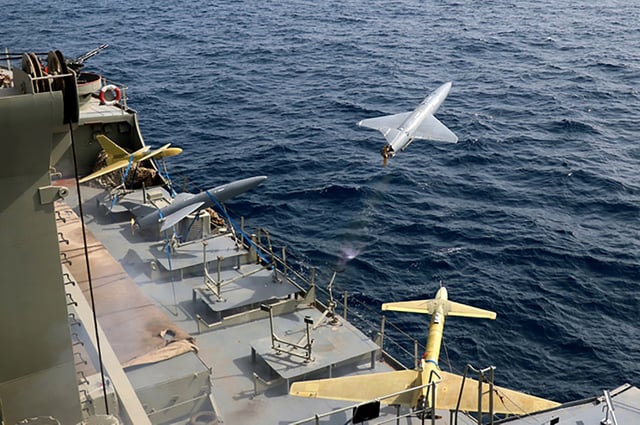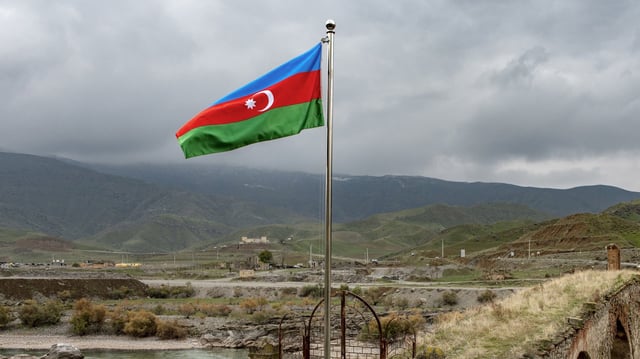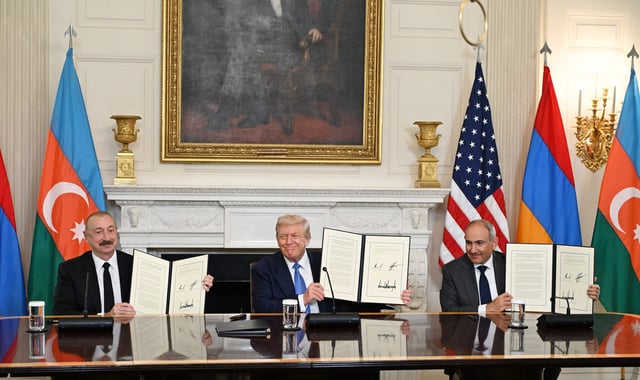Overview
- Armenia and Azerbaijan’s White House declaration remains unsigned and unratified, with neither leader nor their parliaments having approved a binding peace treaty.
- The planned 43-kilometer transit corridor through Armenia’s Syunik province would link Azerbaijan to its Nakhchivan exclave under U.S. leasing and development rights, but its operational guidelines and constitutional implications remain undefined.
- Ali Akbar Velayati and President Masoud Pezeshkian have warned that Iran will block any U.S. military or security presence along the corridor, labeling it a tool of foreign hegemony.
- Russian officials, including Foreign Ministry spokeswoman Maria Zakharova, have dismissed expanded U.S. involvement in the South Caucasus as a ‘‘red line’’ and indicated they may take measures to defend Russia’s strategic interests.
- Analysts warn that durable peace hinges on clear legal frameworks, enforceable guarantees and credible regional buy-in, cautioning that unresolved technical and governance issues could derail the initiative or entangle the U.S. in new geopolitical conflicts.



